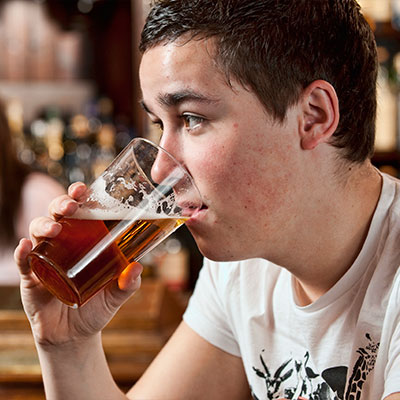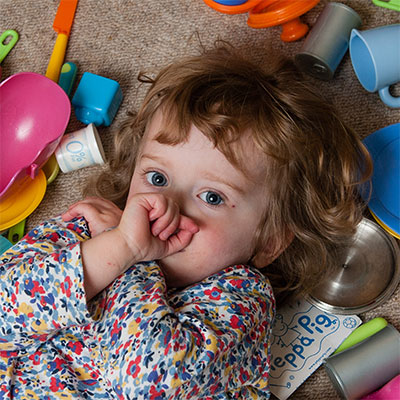
© Crown copyright
Is your child exposed to smoking? If so how are they exposed?:
- Active? Is your child smoking?
- Passive? Is there someone at home who smokes when your child is in the house?
- Friends? Are they being exposed to second hand smoke from their friends?
- Family? Are they exposed to smoke when visiting other family?
- Does your child like smoking?
- Has your child tried E-cigarettes? Have they tried cannabis or other drugs?
What is the effect on asthmatic lungs?
- Cigarette smoke is a trigger for your child’s asthma.
- Smoking can reduce the effect of inhaled asthma medicine.
- Long term effects of smoking are well known but short term effects of smoking include increased heart rate and blood pressure due to release of adrenalin. Nicotine causes the brain to release dopamine a chemical in the brain which creates an addictive response. The more you smoke the more short nicotine hits and the more addictive smoking becomes.
- Cigarette smoke also contains thousands of chemicals, poisonous tar and gases. Many are know to cause cancers not only in the lung. Other parts of the body can be affected as the chemicals enter the blood supply.
- The long term effects of using E-cigarettes is not yet known. They contain nicotine and are often flavoured to attract young users.
You can get help and advice for your teenager on how to stop smoking. This should be given to both the teenager and you, their family.
- Quit Your Way Scotland
- CHSS Stopping Smoking booklet
- Young and Smoking ASH Resources
- AHS Youth Vaping and smoking

CHSS supports the Charter for a smoke free generation in Scotland by 2034 to protect young people and support positive health choices.














